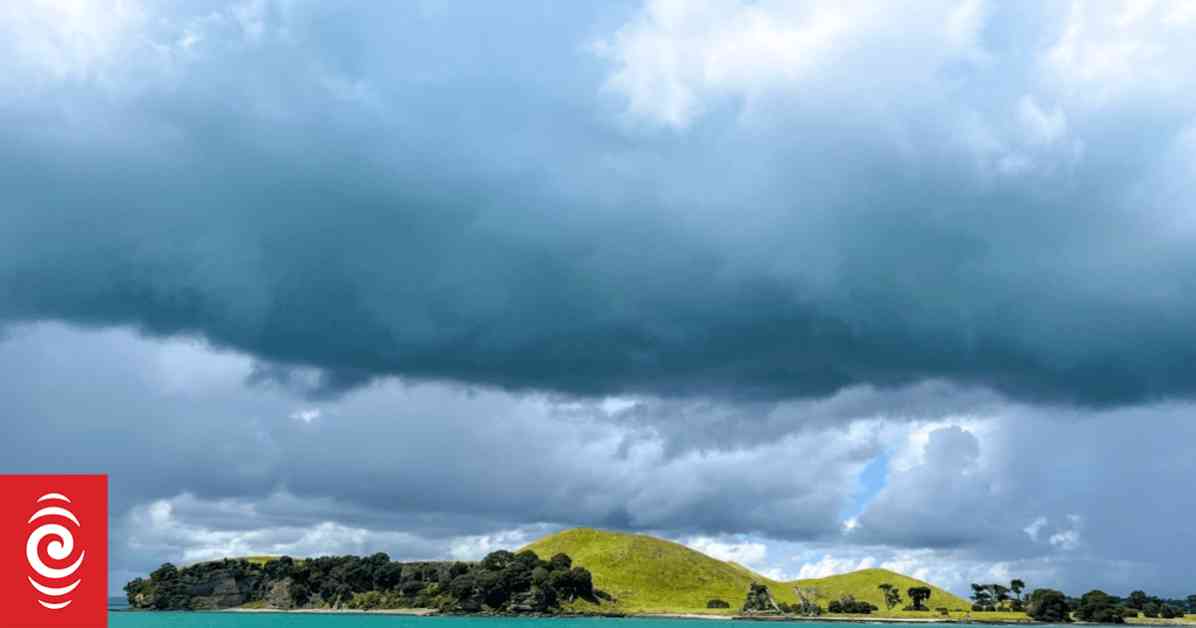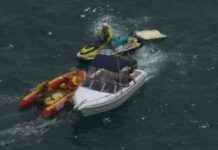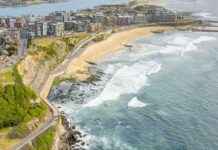Gisborne District Council Forced to Discharge Raw Sewage Due to Heavy Rain
In a drastic response to the overwhelming effects of heavy rain, the Gisborne District Council has been forced to discharge raw sewage due to the inability of the wastewater system to handle the excessive load. With more than 80 millimeters of rain pouring down on parts of the city and intense hourly downpours, the council’s pumps have been unable to keep up with the deluge. To prevent sewage from overflowing back into homes, the council has resorted to opening valves and releasing excess water and pressure, a measure that unfortunately results in the discharge of raw sewage into the environment.
Warnings Issued Across North Island as Severe Weather Hits
MetService has issued heavy rain warnings for Gisborne, Wairoa, and Hastings as severe weather wreaks havoc across the North Island. In Gisborne, heavy east to northeast rain is expected to intensify from early morning on Boxing Day before shifting to a south to southeast direction later in the day. Wairoa is facing a deluge of 200 to 250 mm of rain from Thursday morning until Saturday noon, while Hastings District north of Napier is bracing for 80 to 100 mm of rainfall. The heavy downpours have raised concerns about surface flooding, slips, and treacherous driving conditions, prompting authorities to prepare for potential emergency situations.
Strong Winds and Ferry Delays Compound Weather Woes
As if the heavy rain wasn’t enough, strong winds are adding to the weather chaos in coastal areas of Hawke’s Bay, Gisborne, Taranaki, and western parts of Whanganui. Interislander ferry passengers have been advised of possible delays due to stormy weather in Cook Strait, with swells expected to reach over three meters before easing on Saturday. The turbulent weather conditions have raised concerns about safety and travel disruptions, urging residents and travelers to exercise caution and stay informed about changing weather patterns.
Water Quality Experts Warn Against Swimming After Heavy Rain
In the aftermath of heavy rainfall, water quality experts are cautioning against swimming in rain-affected areas due to the heightened risk of pollution. Dr. Elaine Moriarty, spokesperson for Land, Air, Water Aotearoa, emphasized the dangers of stormwater runoff carrying contaminants like bacteria from animal waste and wastewater overflows into waterways. To stay safe, Dr. Moriarty advised refraining from swimming for two to three days after heavy rain and recommended avoiding spots where water clarity is compromised. By being vigilant and mindful of water quality post-storm, individuals can protect themselves from potential health hazards associated with contaminated water.
As a child growing up in Gisborne, I vividly remember the excitement and dread that thunderstorms brought to our small coastal town. The thrill of watching lightning streak across the sky was always tempered by the fear of potential flooding and power outages. Our local council’s swift actions to mitigate the impacts of heavy rain, such as discharging raw sewage to prevent home inundation, serve as a stark reminder of the power and unpredictability of nature. The collaborative efforts of emergency services, meteorologists, and community members in preparing for severe weather events highlight the resilience and adaptability of Kiwis in the face of adversity. Let’s stay safe, stay informed, and support one another as we weather the storm together.

















